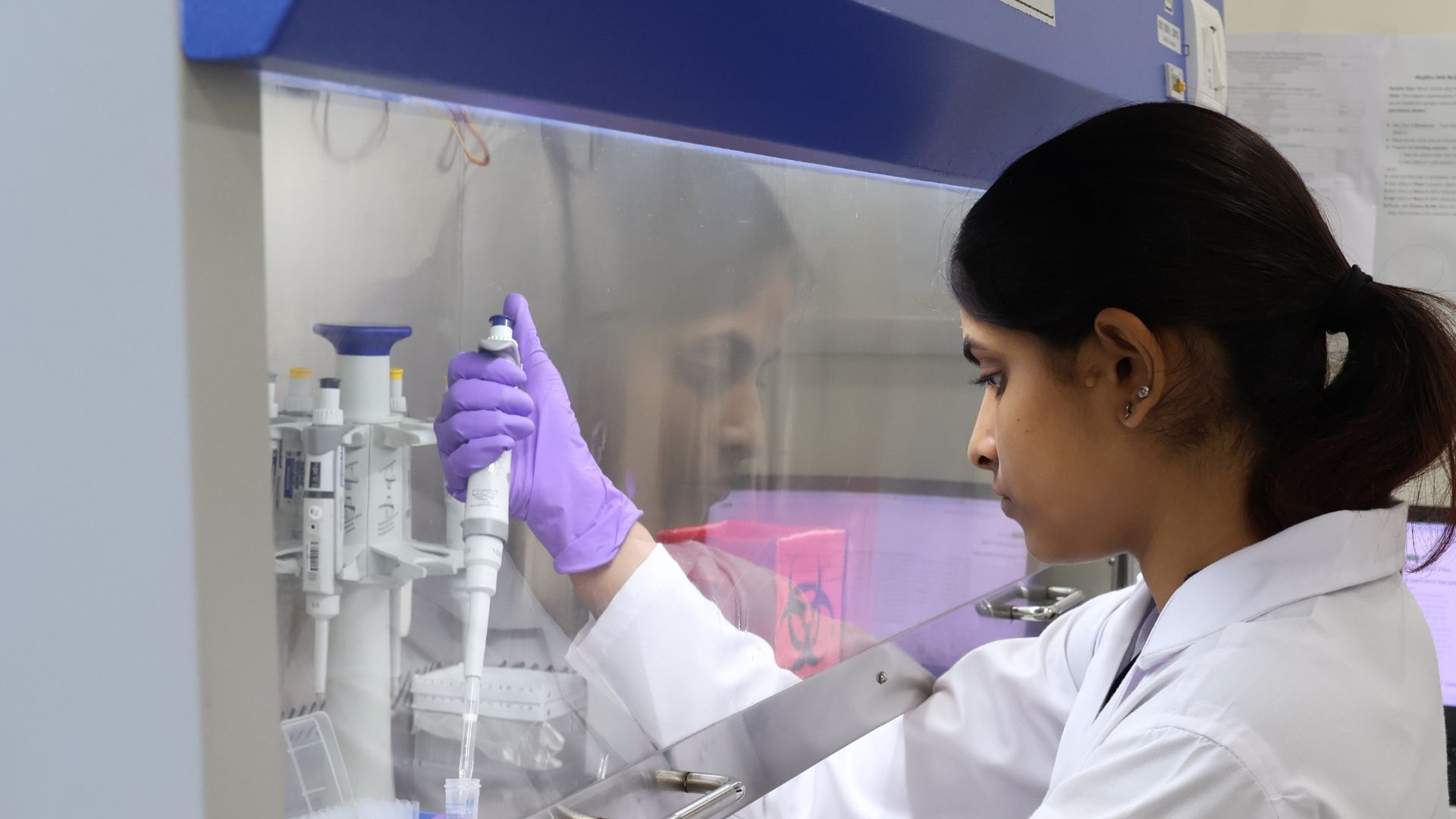
Sankalp Labs is enhancing infection detection with rapid PCR tests for bone marrow transplant patients, combating antimicrobial resistance (AMR) and reducing antibiotic use for faster, more effective treatment.
Antimicrobial resistance (AMR) has become a significant concern for patients undergoing bone marrow transplants in India. These patients, whose immune systems are weakened by treatment, are more susceptible to infections. The overuse and misuse of antibiotics have led to certain germs becoming resistant to treatment, making it increasingly difficult for doctors to cure infections. This results in longer hospital stays, higher treatment costs, and, in severe cases, even death. To protect these vulnerable patients, proper antibiotic use and strict infection control practices are crucial.
In these high-risk patients, overtreatment with antibiotics is common, especially when the cause of an infection is not immediately clear. In such cases, doctors often prescribe broad-spectrum antibiotics as a precaution to prevent the infection from worsening. However, this can contribute to antibiotic resistance, which complicates the treatment of future infections. Additionally, overuse of antibiotics can lead to harmful side effects, disrupt beneficial bacteria in the body, and put further strain on healthcare resources. To minimize these risks, it is essential to adopt targeted treatments based on accurate test results and to implement responsible antibiotic stewardship.
Currently, blood cultures are the standard method used to identify the cause of infections, but they can take 2-5 days to provide results. This delay is particularly problematic for bone marrow transplant patients, where timely diagnosis is critical for effective treatment. However, PCR (Polymerase Chain Reaction) testing offers a faster alternative, enabling the detection of specific genetic material from likely pathogens in just hours. This rapid turnaround can help doctors select the most appropriate antibiotics or treatments much sooner, improving patient outcomes, reducing unnecessary antibiotic use, and minimizing the risk of complications such as antibiotic resistance.
Sankalp Labs has taken a pioneering step in this direction by developing a highly tailored PCR panel designed to target the most relevant pathogens commonly encountered in bone marrow transplantation units. In December 2024, the lab achieved a significant breakthrough with the successful detection of the first three microbes using this PCR technique. This accomplishment marks the beginning of a new era in infection diagnostics, with plans to expand the panel to include a broader range of pathogens. Sankalp Labs aims to offer transplant patients a faster, more accurate PCR-based method for detecting infections, ultimately improving treatment outcomes and reducing the risks associated with delayed diagnoses and antimicrobial resistance.
This innovation represents a major advancement in the fight against AMR and underscores Sankalp Labs' commitment to enhancing the safety and care of transplant patients.
